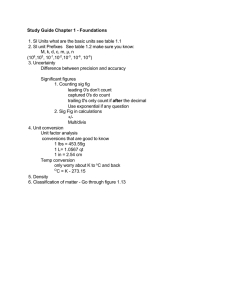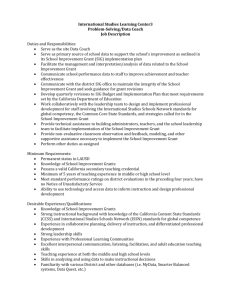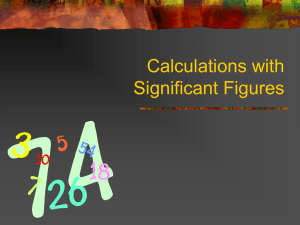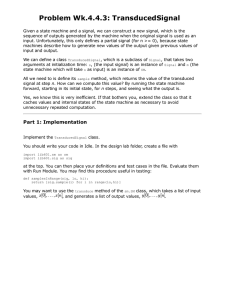Honor, Ethics, and Values Executive Summary
advertisement
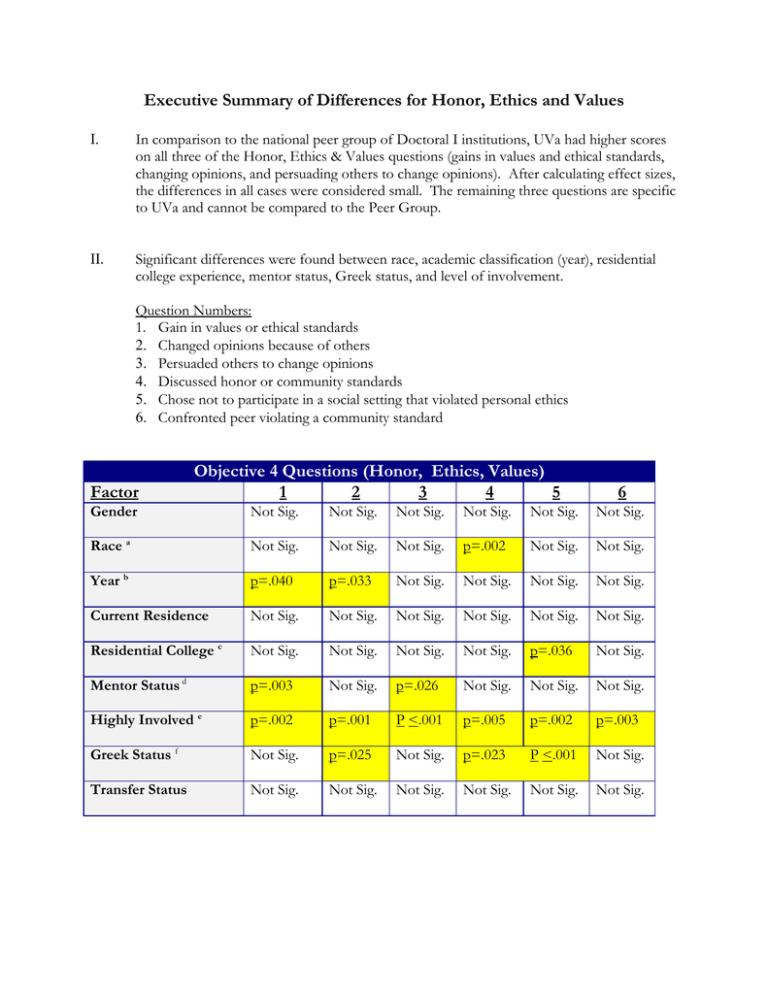
Executive Summary of Differences for Honor, Ethics and Values I. In comparison to the national peer group of Doctoral I institutions, UVa had higher scores on all three of the Honor, Ethics & Values questions (gains in values and ethical standards, changing opinions, and persuading others to change opinions). After calculating effect sizes, the differences in all cases were considered small. The remaining three questions are specific to UVa and cannot be compared to the Peer Group. II. Significant differences were found between race, academic classification (year), residential college experience, mentor status, Greek status, and level of involvement. Question Numbers: 1. Gain in values or ethical standards 2. Changed opinions because of others 3. Persuaded others to change opinions 4. Discussed honor or community standards 5. Chose not to participate in a social setting that violated personal ethics 6. Confronted peer violating a community standard Factor Objective 4 Questions (Honor, Ethics, Values) 1 2 3 4 5 6 Gender Not Sig. Not Sig. Not Sig. Not Sig. Not Sig. Not Sig. Race a Not Sig. Not Sig. Not Sig. p=.002 Not Sig. Not Sig. Year b p=.040 p=.033 Not Sig. Not Sig. Not Sig. Not Sig. Current Residence Not Sig. Not Sig. Not Sig. Not Sig. Not Sig. Not Sig. Residential College c Not Sig. Not Sig. Not Sig. Not Sig. p=.036 Not Sig. Mentor Status d p=.003 Not Sig. p=.026 Not Sig. Not Sig. Not Sig. Highly Involved e p=.002 p=.001 P <.001 p=.005 p=.002 p=.003 Greek Status f Not Sig. p=.025 Not Sig. p=.023 P <.001 Not Sig. Transfer Status Not Sig. Not Sig. Not Sig. Not Sig. Not Sig. Not Sig. a. Asian-American (1.87) students discussed the concepts of honor or community standards at a significantly lower rate than White (2.25) and Hispanic (2.23) students (p = .001 & .027 respectively). b. First year students were less likely than fourth-year students to: i. Change their opinions because of arguments presented by others (2.31 v 2.52, p= .033). ii. Report gains in values and ethical standards (3.03 v 3.26, p=.040). This data seems to indicate that students progress on these dimensions throughout their college career. c. Students who lived in a residential college were more likely to choose not to participate in a social setting that violated their personal ethics or values (2.05 v 1.87, p= .036). d. Students who served as a Mentor were more likely than non-mentors to: i. Report gains in values and ethical standards (3.40 v 3.13, p = .037) ii. Persuade others to change their mind (2.62 v 2.35, p =.026) e. Highly involved students reported higher scores on all six questions. f. Greek students were less likely than their non-Greek counterparts to choose not to participate in a social setting that violated their personal ethics or values (1.66 v 1.99, p< .001). They were more likely to change their opinions because of others (2.51 v 2.36, p =.025) and to engage in a discussion about honor or community standards (2.28 v 2.15, p =.023). III. Frequencies: a. 76.8% of students reported that they have made progress (very much or quite a bit) in developing values and ethical standards while at UVa. b. Only 12.8% had not discussed the concept of honor or community standards within the past year. c. 22.9% never chose not to participate in a social setting that violated their personal standards or ethics. d. 21.9% never confronted a peer that was violating a community standard. Only 1.3% reported that they always confront the peer.
